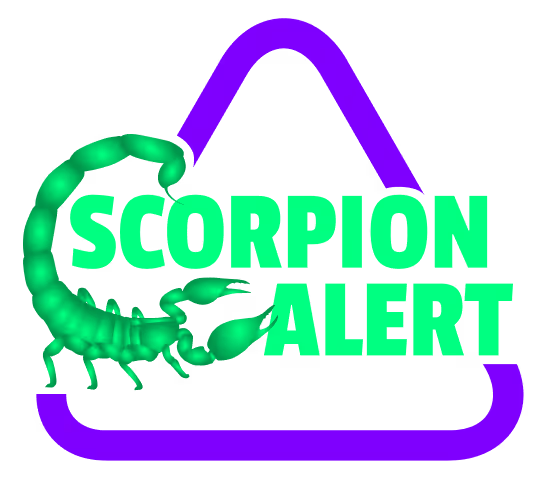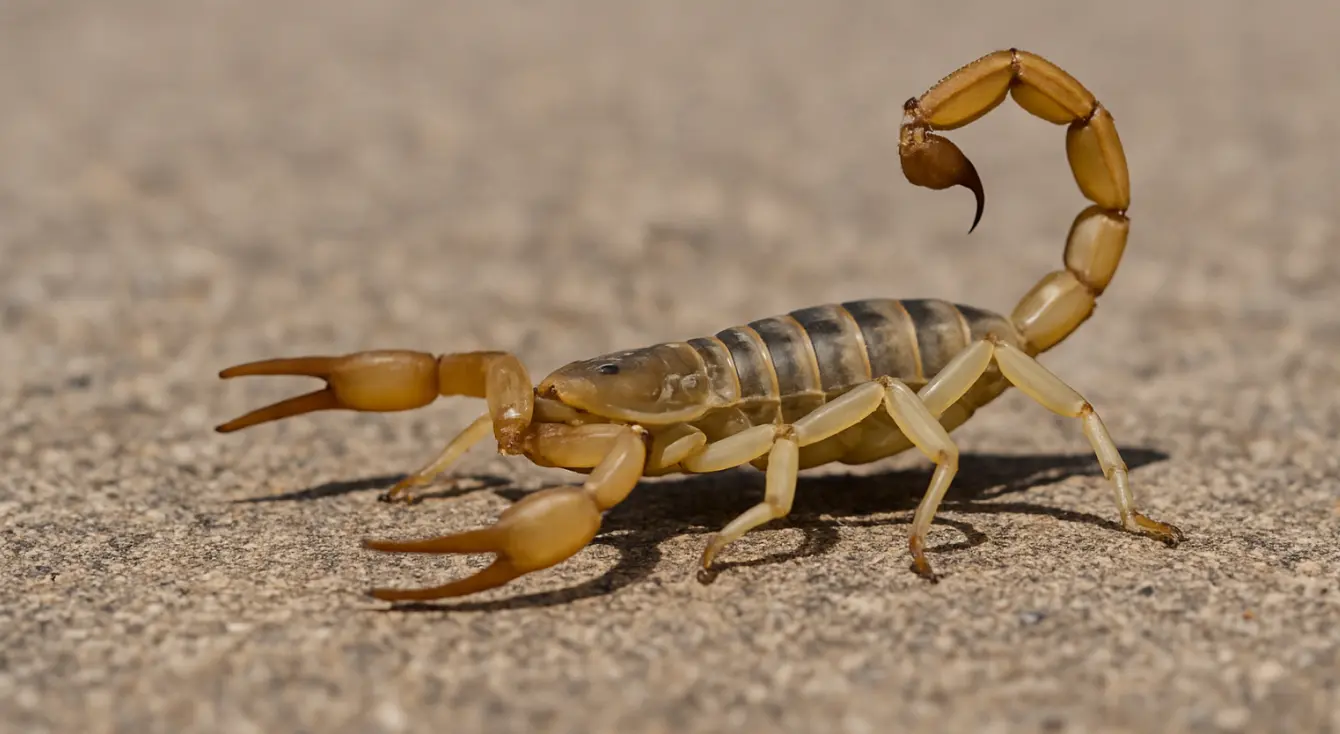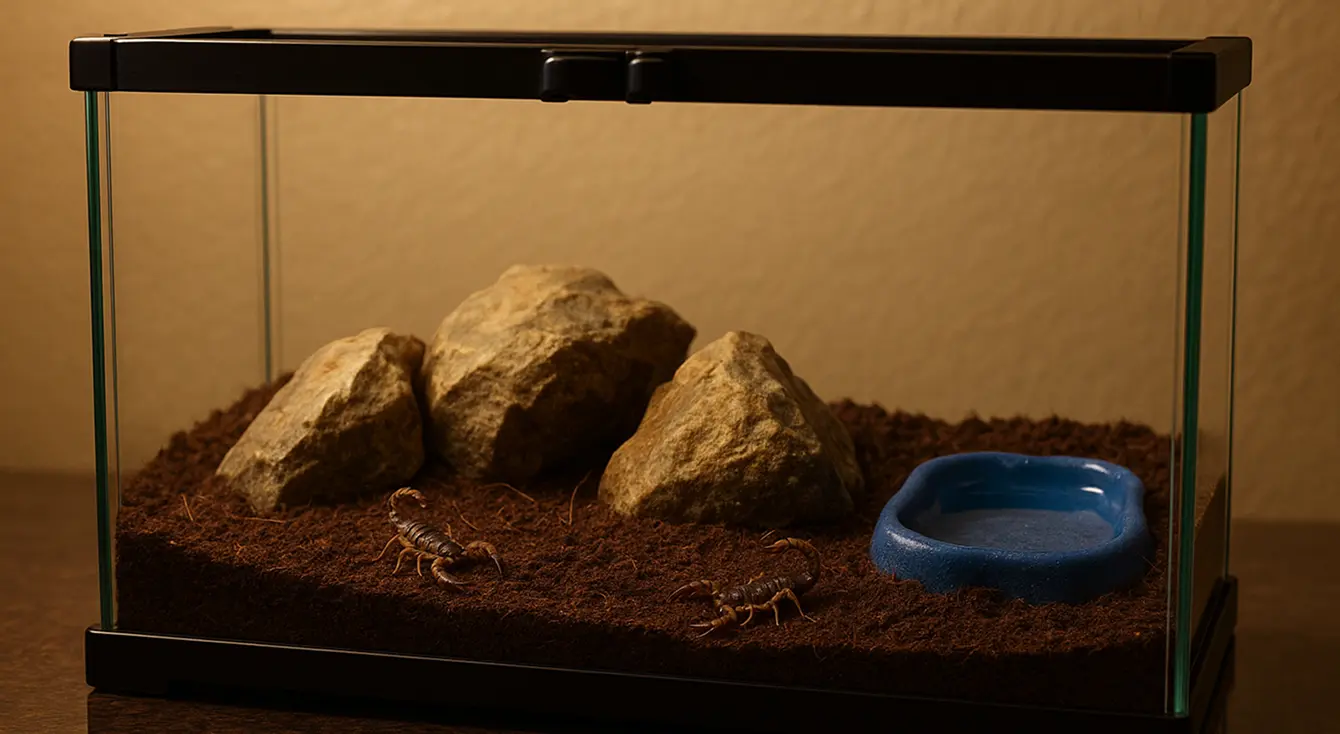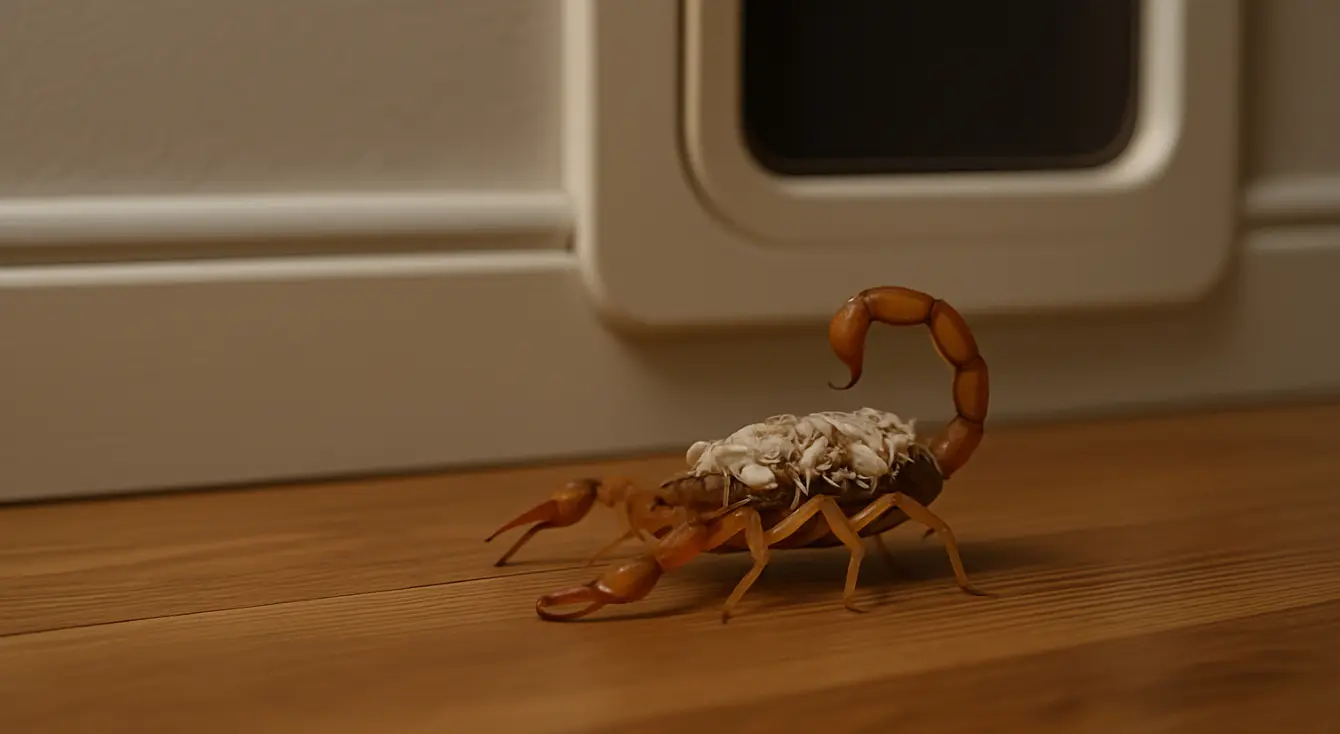If you've ever flipped on a light and seen something scuttle under the couch, you know that scorpions can move disturbingly fast. But just how fast are we talking?
Scorpion Speed in the Real World
Most scorpions move at a walking pace of about 3 to 4 mph. That might not sound impressive until you realize that on their scale, it's like sprinting. When threatened, some species can dash even faster in short bursts—close to 8 to 10 mph.
That’s fast enough to cross a room in a few seconds. Especially in the dark, their quick movements can catch homeowners off guard.
Why Speed Matters in Scorpion Detection
Scorpions don’t just sit still waiting to be spotted. They're nocturnal hunters and like to stay hidden. Their quick, erratic movements make it hard to find them by sight alone—especially with a flashlight at 2 AM.
That’s where our Detectors come in. They scan for the faint green glow that scorpions give off under UV light, taking photos every second once it's dark enough. Even if a scorpion is only in frame for a moment, our system can catch it and alert you.
Where They’re Fastest
Scorpions tend to move fastest on smooth indoor surfaces like tile or hardwood. In Tucson homes, for example, they’ll often dart across kitchen floors or bathrooms, drawn to moisture. Outdoors, rocky or sandy terrain slows them down a bit.
Quick Tips to Limit Their Movement
- Seal door gaps and cracks in walls
- Keep floors clear, especially at night
- Avoid leaving wet towels or pet water dishes on the floor
The less hiding space and moisture they find, the less likely they are to stick around—or dart across your floor when you least expect it.
Scorpions might be fast, but they’re not faster than a well-placed Detector. Set yours up in scorpion-prone areas like garages, bathrooms, and under sinks to catch them in action before they become a real problem.






